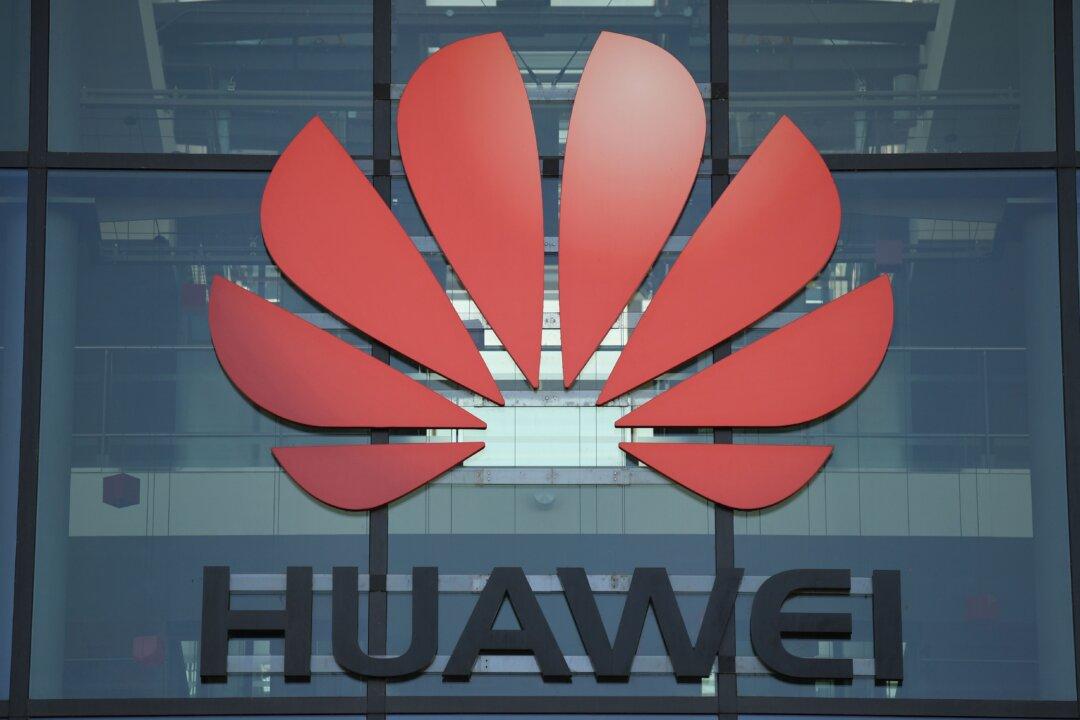News Analysis
Amid the growing backlash against the Chinese regime and U.S. sanctions increasingly crippling Huawei, it’s little wonder that Canadian telecom giants Telus Corp. and BCE Inc. decided to partner with the rivals of the Beijing-linked Huawei for their 5G networks.





